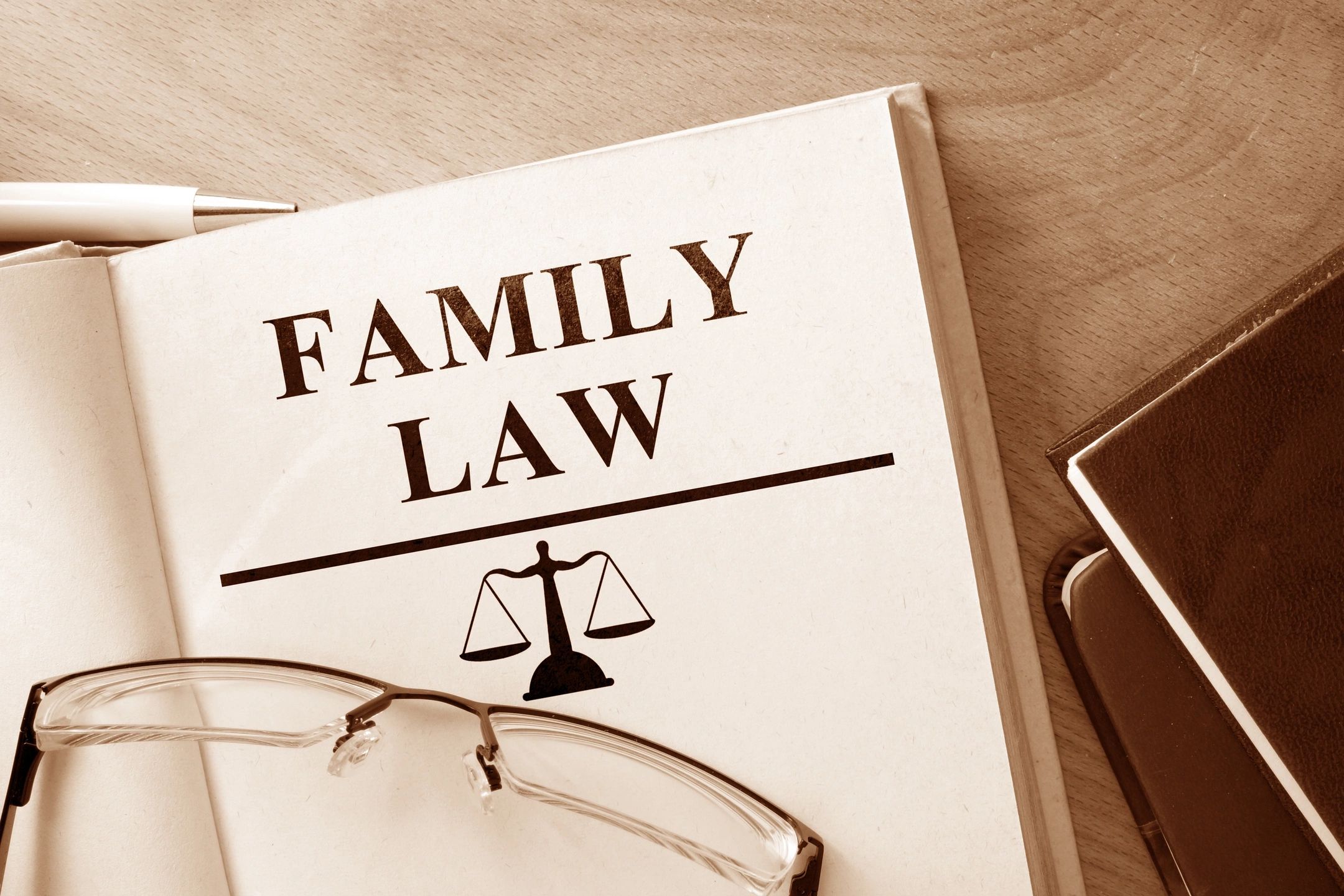
First, definitions: A surrogate is pregnant without the intention of being a parent, with an embryo implanted in their uterus to carry to term for intended parents. Surrogacy can either be ‘compensated surrogacy’ (meaning the surrogate is paid by intended parents) or ‘altruistic/compassionate surrogacy’ (in which the surrogate volunteers for a friend or relative- a huge and rare gift). Surrogacy can also be ‘gestational surrogacy’ (in which the surrogate is not biologically related to the fetus, and the egg of an egg donor or an intended parent is used instead of the surrogate’s) or ‘traditional surrogacy’ (in which the surrogate’s own egg is used).
Gestational surrogacy is preferred, because it creates one more legal and emotional barrier against a surrogate getting painfully attached to the baby or having potential legal rights as a biological parent. Compensated traditional surrogacy is still illegal in NY.
Who is NOT a surrogate? If you are carrying a pregnancy that is your partner's egg, and you intend to
parent the child together, you are NOT a surrogate. This is reciprocal IVF, because the person pregnant
does not give up their parental rights. These parents should still get support to legally confirm that
both are legal parents with a Judgment of Parentage (also new under the CPSA) or a second-
parent adoption. This arrangement happens most often with female same-sex couples, and
sometimes couples in which one partner is transgender. While I won’t address it here,
circumstances for transgender people using Assisted Reproductive Technology are more
complicated legally and medically- make sure you find personalized legal advice that is both
culturally and legally competent on trans issues.
Who most commonly use a surrogate? *Male same-sex couples or trans women who hope for a biological connection to their baby, *Women or trans men who struggle with safely maintaining a pregnancy to term or struggle with infertility, but who wish to use their own egg.
What are the concerns with surrogacy? Surrogacy is ethically controversial along with most
means of Assisted Reproductive Technology, including sperm and egg donation, because it’s a
new way of creating family- but one that reflects the changing family and the different ways we
can create a beautiful parenting relationship. In particular, surrogacy is criticized because of
concerns about whether surrogates are treated fairly and ethically. This is a real concern,
because surrogates around the world today, particularly in developing countries or poor
economies, are sometimes compensated poorly and have insufficient attention paid to their
informed consent if the surrogate is in financial duress. Intended parents may pay a ‘matching
agency’ a high fee and not realize that the surrogate is being paid little of it.
New York has made what I see as the right decision, to address ethical concerns with surrogacy
by creating a robust Surrogate’s Bill of Rights, to ensure surrogates have mental health care,
legal consultation, and quality medical care with the practitioner of their choice, throughout the
pregnancy, paid by the intended parents. More international regulation of surrogacy
arrangements is desperately needed to make a Surrogate’s Bill of Rights an international affair,
with oversight and certification of those surrogacy agencies internationally that meet that
standard. If you use a surrogate outside the United States, pay close attention to whether the
rights and needs of the surrogate are being amply addressed.
The keys to finding the right attorney for your gestational surrogacy contract!
Choose an attorney with a compassionate approach using collaborative law principles who will give you
personalized attention. Your attorney should meet this test:
*Person-to-person conversations are more important than paper contracts.
Yes, I’m a contract lawyer saying so! People have the bad habit of signing contracts without
really internalizing them. When making agreements with your surrogate, look for an attorney
who will encourage as much face to face (even if by Zoom) conversations with your surrogate
to articulate hopes, intentions, boundaries, and concerns, and make sure everyone is on the
same page. Then, those agreements go into the written contract. This is the best way to
prevent misunderstandings and allay fears on both sides. Attorneys who are also mediators or
trained as collaborative attorneys will be likely to be skilled in facilitating potentially challenging
or vulnerable conversations.
*Cultural competency with your family and community.
Same-sex couples, LGBTQIA families, and single mothers by choice should feel confident that
every person who interacts with you, from your lawyer to their staff, understands your family
and will treat you with respect.
*Make sure that you feel comfortable with your attorney as you & will get their direct support.
Pregnancies are vulnerable times. Entrusting your embryo to another person is inherently vulnerable as well. You may feel anxious and need support along the way; that is to be expected. In those moments, think about who you want to be picking up the phone to support you as your attorney. At a large firm, you may feel like one of many clients and not get much direct contact with your attorney, instead speaking to a variety of support staff. Make sure that you’ll get the support of your advocate when you need it. Surrogacy is a situation that calls for the full Counselor at law role of attorneys, in viewing clients holistically with their emotional needs met as well as a strong contract.
Contact the collaborative law professionals at LGBTQI Professionals of NY for a referral!
~ Diana Adams, Esq.






